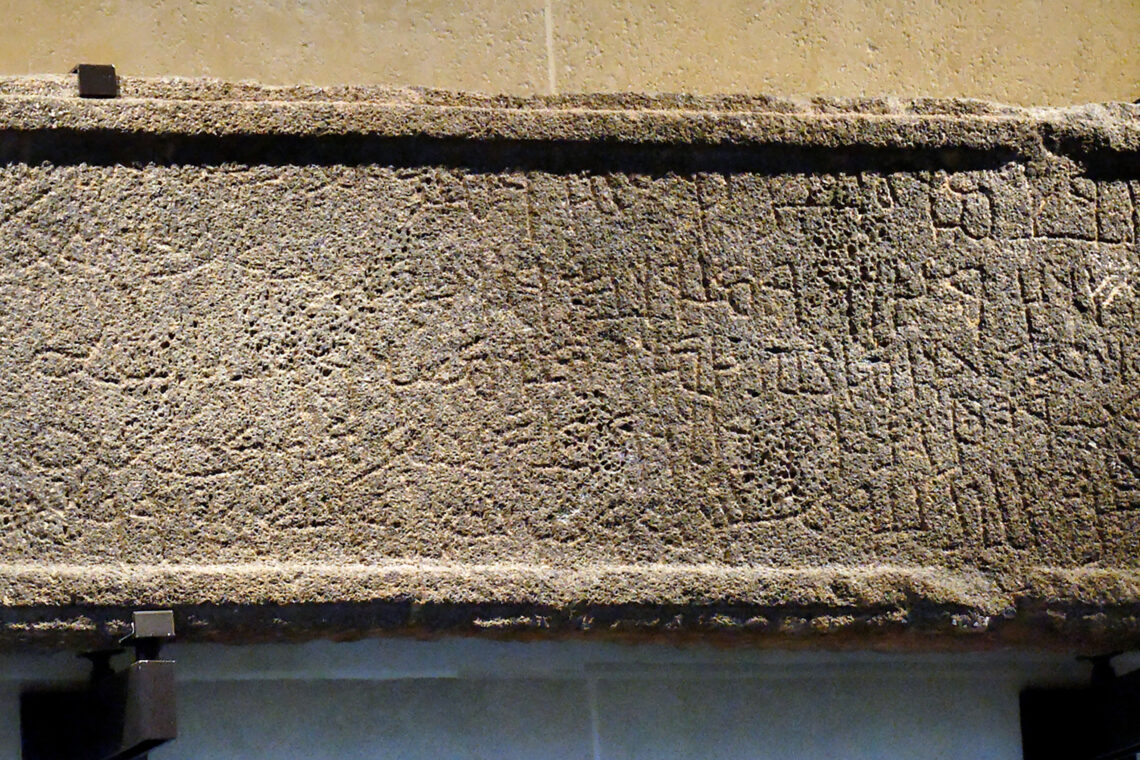On May 15, the world soccer federation, known by its French acronym FIFA, will render a decision of supreme importance not only to Morocco’s medium-term future but also to world peace and global education. On that day, FIFA will decide who will host the world cup in 2010. Five African nations have applied for the honor, but soccer experts know that the real contest is between Morocco and South Africa. Morocco has put together an attractive application package, complete with a state-of-the-art video demonstration of the country’s potential and building projects, while South Africa has relied on showcasing its advanced infrastructure and experience in hosting international rugby tournaments.
Both countries have a good case for hosting the event, but given the current state of political events and the deteriorating image of Islam on the global scene, Morocco should be given the priority. South Africa’s battle for political freedom and human rights has already been won with the collapse of apartheid, but Morocco’s quest for development is still haltingly under way and needs a robust push to consolidate its shaky gains.
Morocco is a multicultural Muslim African society on the doors of Europe. Its candidacy shatters the global perception that Africa is a “dark continent” by revealing the various shades of skin color that make up the African kaleidoscope. Non-Arabs and Arabs alike will come to realize that Arabs are, among other things, African, since no less than seventy percent of Arabs live in Africa. And Muslims worldwide will realize that a Muslim nation can undertake the challenge of development without having to worry about losing its identity.
Morocco, meanwhile, will be put to the test. The country’s promises to build and edify will be closely monitored. Health facilities, hotel infrastructure, security systems, transport capabilities, technological know-how, and general maintenance of the country’s image will perforce become a major priority. Morocco’s political system will be watched like never before, making it harder for abuses to happen. And if all these expectations are met, Morocco will exemplify the successful blend of modern development and religious traditions that seems to have eluded most Arab nations.
Morocco’s application carries with it the promise of peace and cultural understanding, too. Muslims will be seen as people living in the modern world, not a bunch of fanatics waiving swords or firing rifles in the air in protest or jubilation. The Muslim world’s youth will watch and learn, and so will their Western and Japanese peers. Knowledge about a truly diverse Africa will be established, and Morocco, bound to live up to its famous traditions of hospitality, cannot afford to fail in organzing this one-in-a-lifetime event.
Much rests on FIFA’s decision. Of course, a negative vote won’t push Morocco backwards, but a positive one would propel it forward with greater momentum, giving the country no choice but to open up to the world. It will show that the world is willing to give a fair hearing to a Muslim and African country that is determined to give its people the best modern life has to offer.
South Africa has led an aggressive bid to host the global tournament. It rightly showcases its better developed infrastructure and has deployed the saintly and revered Mandela to lobby in its behalf. But South Africa had an advanced economy during the apartheid regime, and the country’s blacks and minorities have won the political battle in no small measure because of world support. Now, Morocco has embarked on a series of democratic reforms and its future is challenged by the sorely lacking need for economic growth. Morocco’s success in the spheres of political reform and economic development are crucial, since the country’s success or failure could set the tone for other Arab and Muslim nations. Nothing could be more important to world peace and cultural understanding than the success of Morocco in these turbulent times.
In the 1990s, the world pressured South Africa’s apartheid regime to abandon its oppressive policies; today it needs to support progressive Arab and Muslim societies to get out of their cultural paralysis. The world cup has never been about who has the best infrastructure; after all, the event was organized in Latin American countries with levels of development below those of present-day Morocco. The world cup has always been about more than soccer.
Given the times we live in, no message can be more encouraging than entrusting Morocco–a veteran African soccer country and a four-time candidate to host the world event—to live up to the world’s expectations. Such a decision could pave the way for other Arab and African nations to strive for the same accomplishments and could jumpstart the dialogue of civilizations that has so far been hobbled by a lot of misunderstanding and violence.




Comments are moderated by the editor and may not appear on this discussion until they have been reviewed and deemed appropriate for posting. All information collected is handled in a manner consistent with our privacy policy.